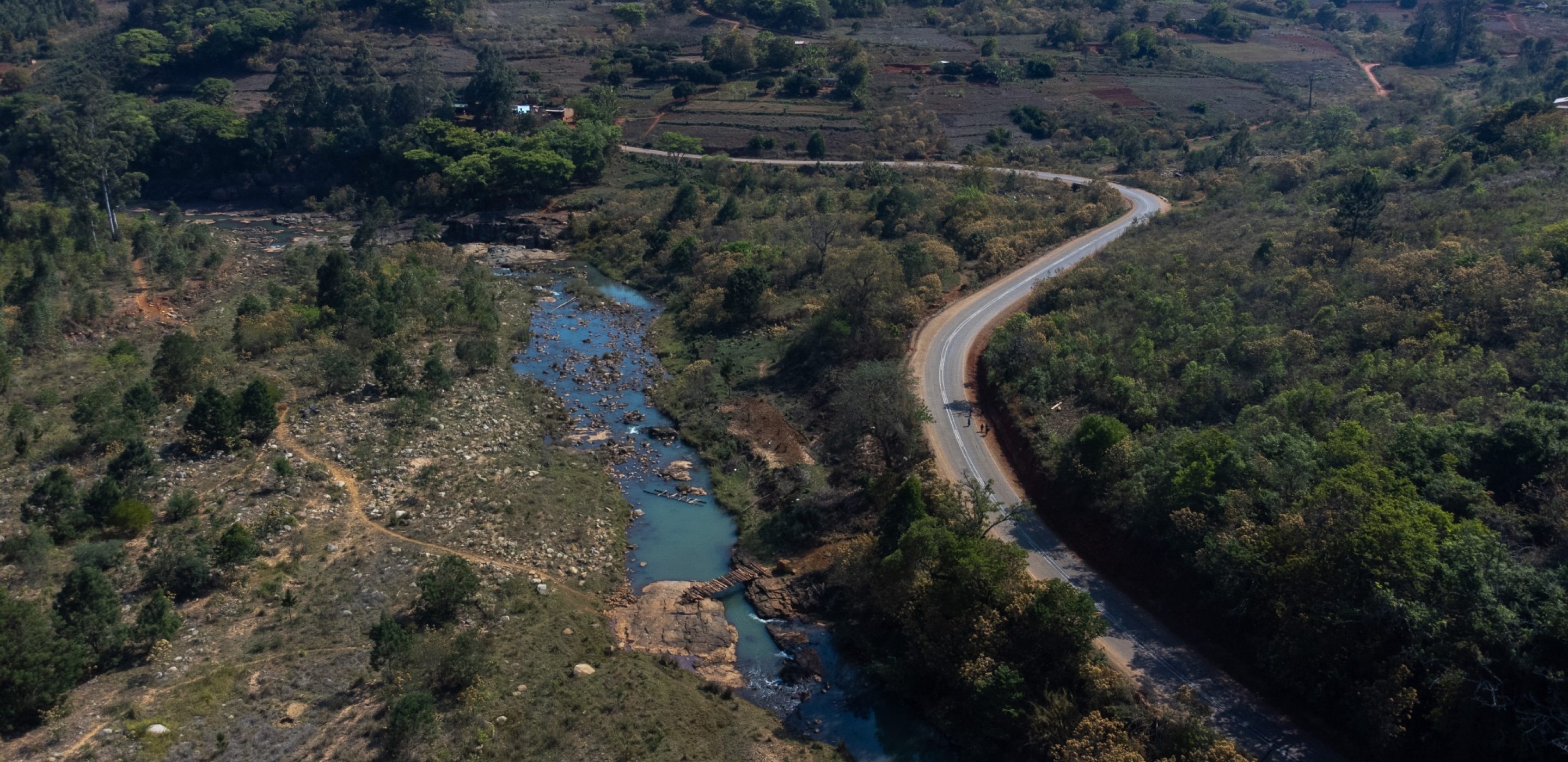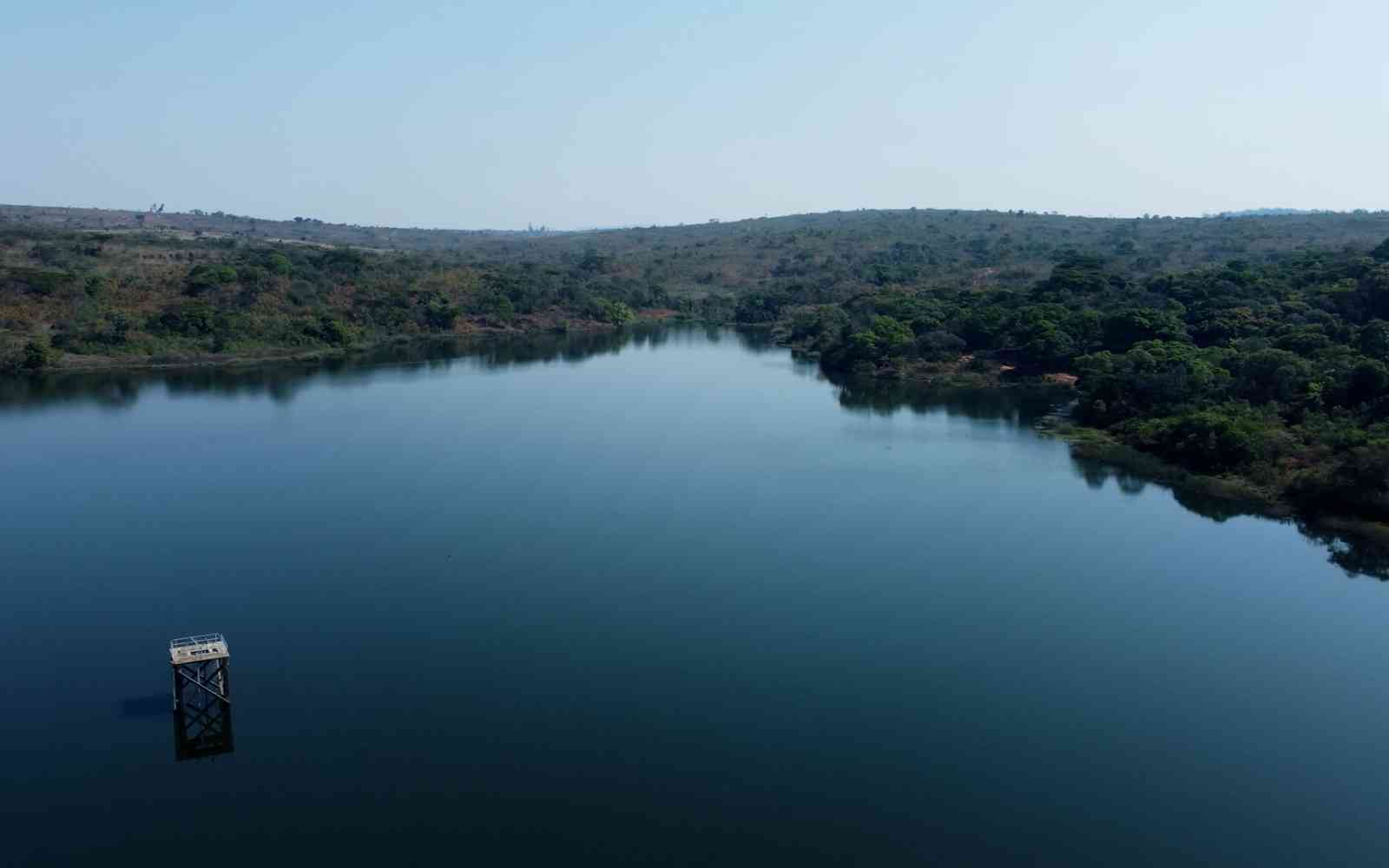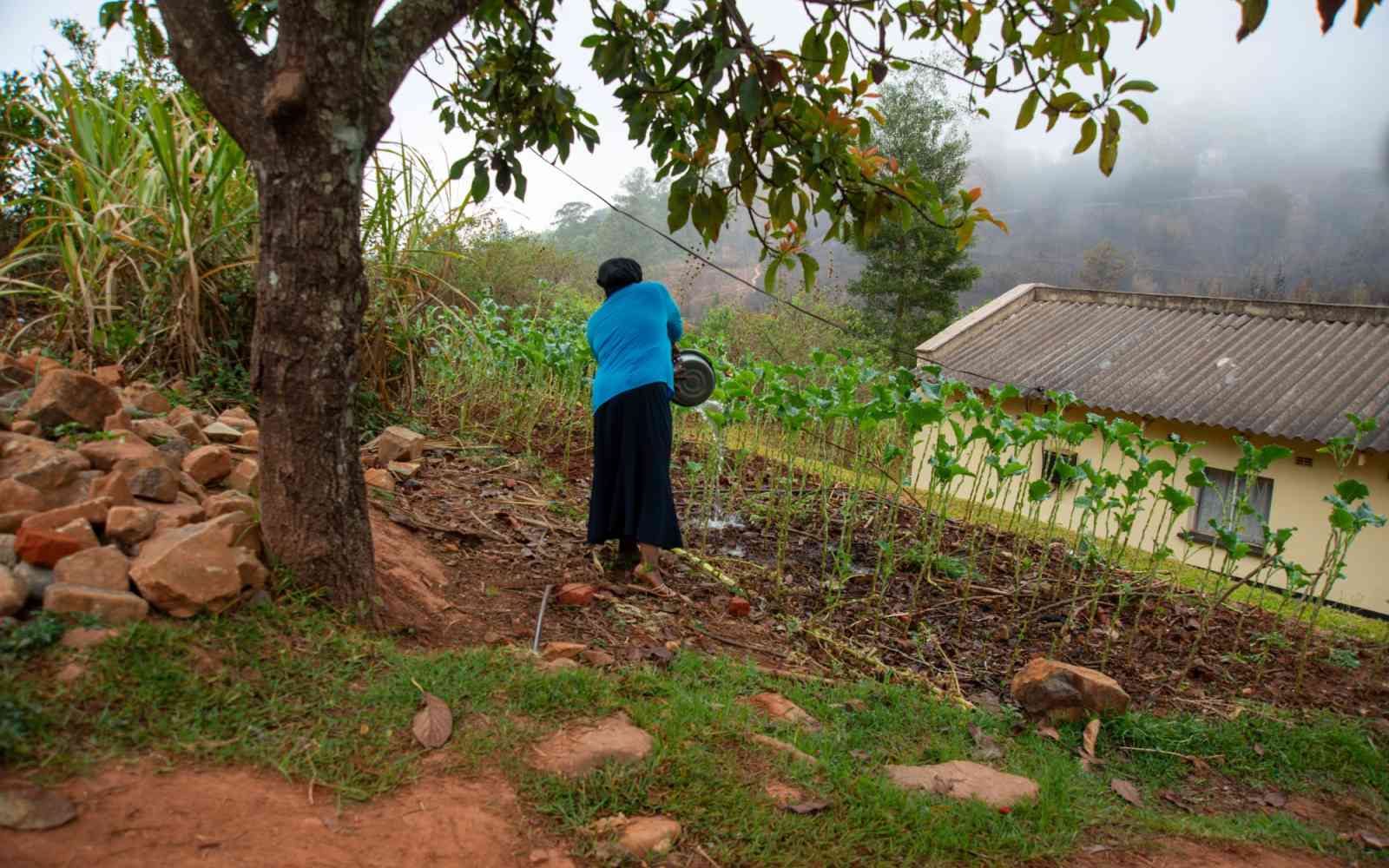The United Nations Office for Project Services (UNOPS)

A vital lifeline for communities in Zimbabwe
A rehabilitated road linking Machongwe to Rusitu Mission is redefining life in Zimbabwe's Rusitu Valley.
The road between Machongwe and Rusitu Mission in Zimbabwe's Chimanimani District is a vital lifeline for the communities it connects.
But Cyclone Idai damaged the road and destroyed Nyahode No. 4 Bridge, making it difficult for people living in Rusitu Valley to access vital services, negatively impacting their lives.
“When Cyclone Idai hit in 2019, we were severely affected as many of our students could not access the school. Supplies to the school were hampered and teachers who lived offsite could not attend lessons,” says Mushanguri Manyemwei, a teacher with Kwirire Primary School.
As part of the Post-Cyclone Idai and Kenneth Emergency Recovery and Resilience Programme, UNOPS – in coordination with Zimbabwe's Department of Roads – rehabilitated 17 kilometres of road between Machongwe and Rusitu Mission and reconstructed Nyahode No. 4 Bridge, with funding from the African Development Bank.
Designed to withstand future climatic shocks that the community is prone to, the road and bridge now provide access to educational institutions, economic opportunities and healthcare services.
After the road and the bridge were repaired, students and teachers could more easily access the school.
Some of the parents from the school also worked on the project, enabling them to earn money to pay school fees, their children's uniforms and books.
The rehabilitated road has also become an economic lifeline.
The increased access to markets that the road provides helps farmers – including some parents from Kwirire Primary School – transport their goods to markets more cheaply and efficiently, helping them boost their incomes and strengthen economic resilience.
The road is also helping people and suppliers reach stores at a local business centre more easily, helping drive up customer traffic.
This bridge is more than just a structure. It is our connection to the rest of the world, a lifeline that has brought hope and progress back to our community.
The upgraded road has also made healthcare delivery more efficient. Due to the poor condition of the road, it previously took 2.5 hours to go the 90 kilometres from Rusitu Mission Hospital to Mutambara Hospital, a hospital offering more specialized care – often delaying emergency responses.
“The road has transformed how we deliver healthcare services. Patients can now reach us quickly, and our ambulance operations are much more efficient,” says Christine Chikuku, Acting Sister-in-Charge, Rusitu Mission Hospital.
Today, the same journey takes just 1.5 hours, enabling faster and more reliable access to life-saving care – even during the rainy season when roads are slippery and were previously impassable.
The improved condition of the road has also meant lower maintenance and fuel expenses for ambulances and other vehicles. This has freed up financial resources that can go towards addressing healthcare needs – improving services and the quality of care for the community.
The rehabilitated road is saving the Department of Roads money. Before, substantial time and resources were spent each year on re-gravelling and re-grading the road. The rehabilitation works have significantly reduced maintenance costs by approximately 70 per cent.
"The enhanced infrastructure has not only lowered costs but also boosted operational efficiency," said Patrick Muropa, Acting Manicaland Provincial Roads Engineer. "This project underscores the value of investing in resilient road networks.”
About the programme
The Post-Cyclone Idai and Kenneth Emergency Recovery and Resilience Programme focused on rebuilding key infrastructure across Zimbabwe. Implemented by UNOPS with $24 million in financing from the African Development Bank, the programme helped restore essential services – including transportation network, electricity, and water and sanitation services – to the most severely affected communities in the districts of Chimanimani and Chipinge in Manicaland Province.

















